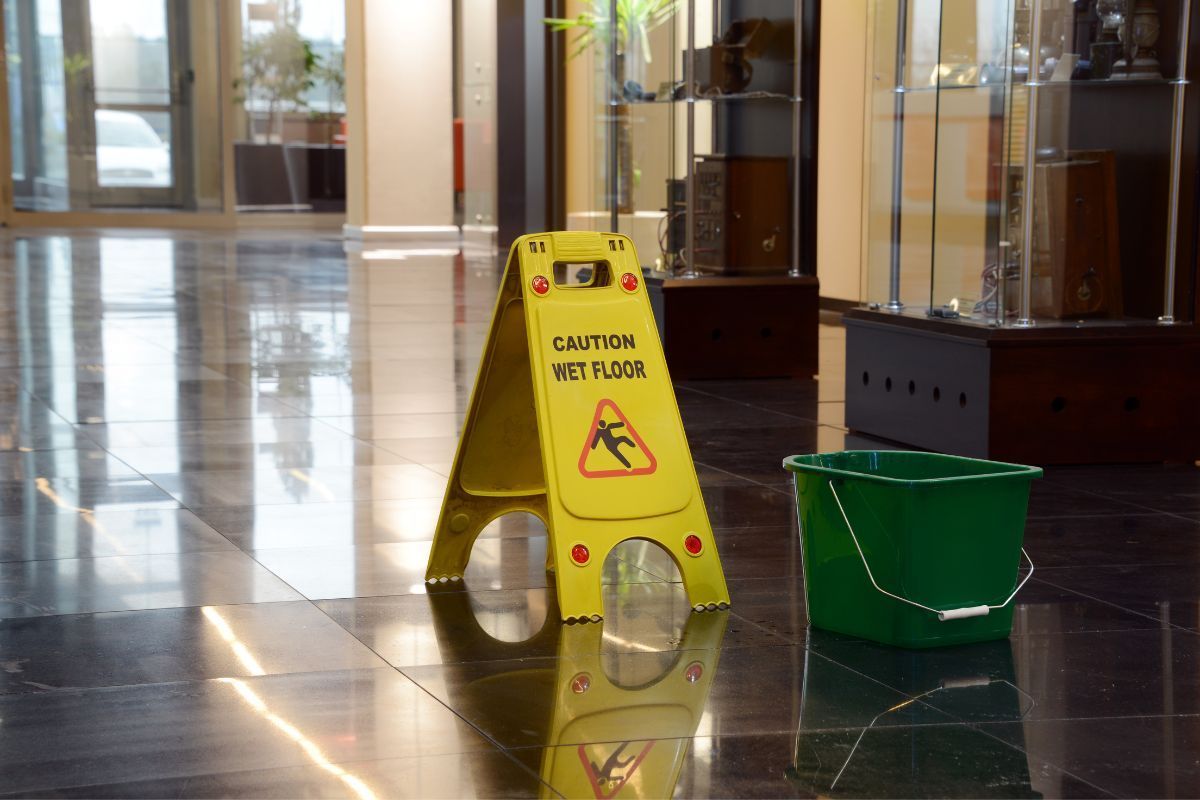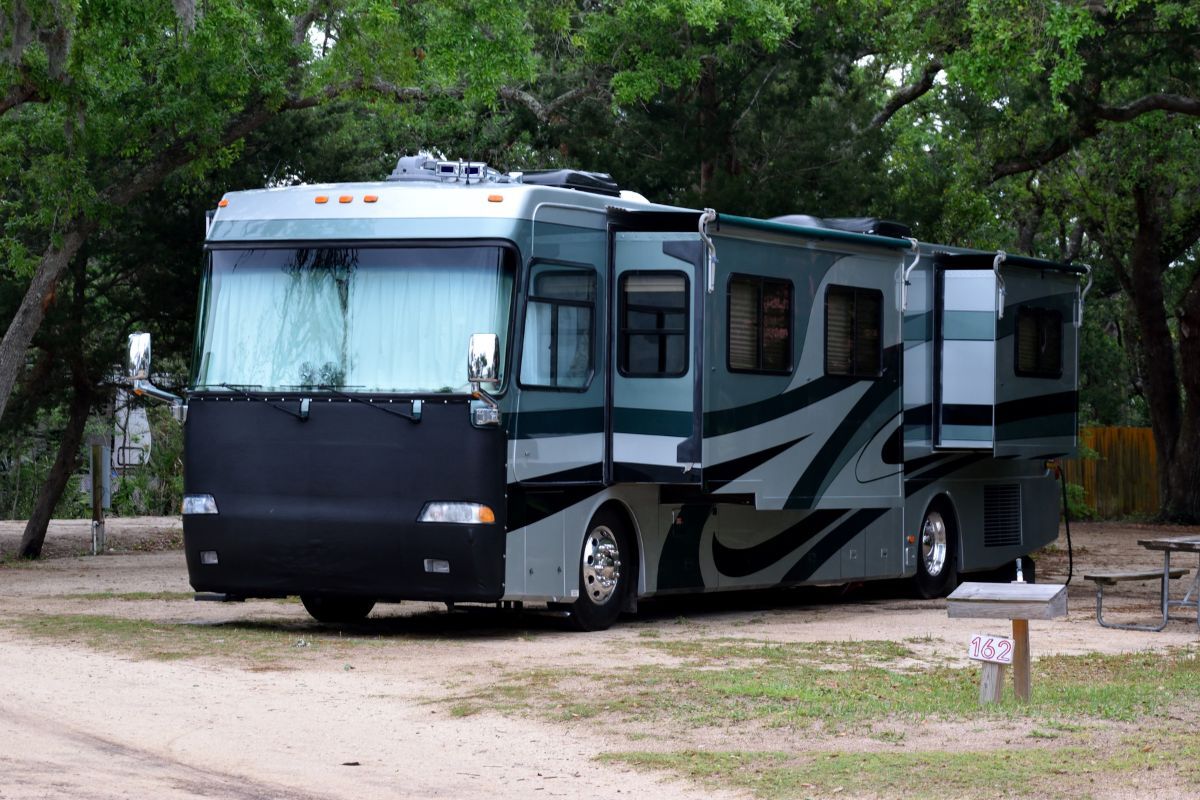Serving Port Charlotte, Punta Gorda, Englewood and North Port
Se Habla Español
CALL NOW: 941-625-6666
SETTLEMENT: RIVERWOOD GOLF CLUB VERDICT AWARDS DEPOSIT BACK FOR $24,000

Albert J. Tiseo wins judgment against The Riverwood Golf Club on behalf of retired former members. The Riverwood Golf Club must refund the retired couple their $24,000 deposit.
CHARLOTTE COUNTY, FL – Former members of the Riverwood Golf Club are celebrating a judge’s decision to give the deposit back to a former member who sued the golf club.
Dozens of members say the club is violating their contract by refusing to pay back their $24,000 plus deposit after retiring.
NBC2 previously highlighted seniors who felt they were being ripped of by the golf club.
“I feel very vindicated,” Louis Ruggiero, Jr. told NBC2.
Ruggiero, Jr. helped his parents bring a lawsuit against CH3, the company that owns the golf course.
“When the time came we would take immediate legal action which we did,” Ruggiero, Jr. said.
His parents, Louis and Judith Ruggiero, resigned their membership after they could no longer play golf. They said the owners refused to give them their deposit back, claiming that a clause in the contract allowed them to change the terms without prior approval from members.
“It’s unjust. It’s unfair and it’s criminal,” Ruggiero, Jr. said.
His parents moved back to New Jersey to live with their son.
“We realized without that money and the things they were threatening me with, I couldn’t very well keep going on in Riverwood,” Ruggiero, Sr. said.
The judge’s decision gives the Ruggiero’s claim over their deposit, but it is still unclear when and how they will receive the money.
Because of the legal victory, other former members like Walt Powers are also considering filing a lawsuit against CH3.
“When they came and changed it, we thought you can’t do that,” Powers said.
It is unclear how many members might join the lawsuit, but the group has a list of 25 names of former members who say they did not get their deposit back from CH3.
Attempts by NBC2 to reach CH3 were unsuccessful.




Free Personal Injury Consultation
Please call 941-625-6666 or send us a message by filling out the form below.
Contact Us
701 JC Center Ct, Unit 3
Port Charlotte, Florida 33954
(941) 625-6666
info@gtslawfirm.com
Office Hours
Monday to Friday
8:30 am to 5:00 pm
Saturdays and Sundays
By special appointment only
Practice Areas

The Law Office of Goldman, Tiseo and Sturges is located in Port Charlotte, FL. Our attorneys serve clients in Port Charlotte, Punta Gorda, Englewood, North Port, Venice, Sarasota, Cape Coral, and Fort Myers. View Service Areas
This is an accessible workplace. Persons with
disabilities are welcome to apply.
Serving Port Charlotte, Punta Gorda, Englewood and North Port
Copyright Goldman, Tiseo, Sturges Attorneys at Law | Sitemap

